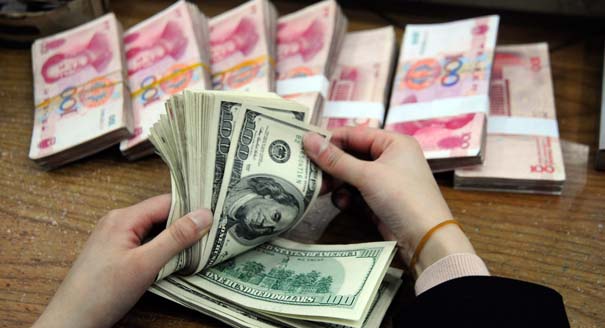In the wake of the global economic downturn, Americans are spending less and saving more, a trend that threatens dangerous economic repercussions around the world. Without greater global investment—which remains unlikely in today’s economic climate—or a rise in Chinese domestic consumption, the increasing U.S. savings rate will cause U.S. GDP to contract or Chinese GDP growth to drop sharply, creating aftershocks in dozens of major economies.
Trade policies will likely determine which country is least impacted, setting the stage for a showdown between China and the United States. Both countries would be wise to pursue a coordinated policy that controls the losses in the least disruptive way.
Key conclusions:
- China’s household income has not kept pace with its rising national income. Policies aimed at turbocharging industrial growth force households to subsidize manufacturing.
- These policies include an undervalued currency, excessively low interest rates, government-imposed limits on wage growth, unraveling social safety nets, and direct manufacturing subsidies like price controls on land and energy.
- The Chinese stimulus package has poured credit into questionable projects that will continue to subsidize the manufacturing industry.
Recommendations for policy makers:
- China must reverse the transfer of income from households to corporations and the state.
- China must take difficult but necessary steps toward rebalancing its economy and reducing net exports by raising interest rates, liberalizing its financial system, allowing workers’ wages to rise, reforming land ownership, and revaluating its currency.
- To help China with this transition, Washington and Beijing should develop a multi-year plan that promises that in return, the United States will boost domestic investment to slow the contraction in U.S. demand, and keep markets open for Chinese exports.
- The European Union will also need to agree to help reduce the burden of the outlined plan for the United States.
“While some in the United States may relish a difficult economic transition for China, no serious policy maker should consider such a prospect as anything other than harmful to long-term U.S. interests. For all the problems China will face, its role in resolving the main issues facing the world will only increase,” writes Pettis. “An economically difficult transition would undermine reformers in China who understand the country’s role in the global economy and would weaken its increasing tendency toward international cooperation. A mistrustful China, with pro-Western reformers undermined by nationalist hostility, is not good for the United States.”





